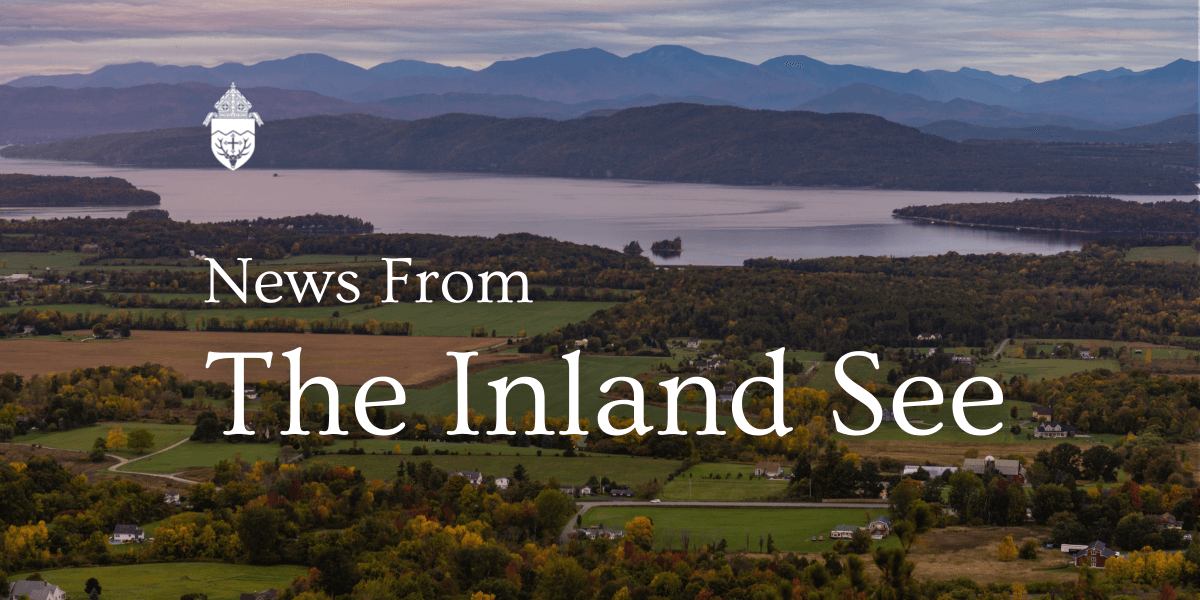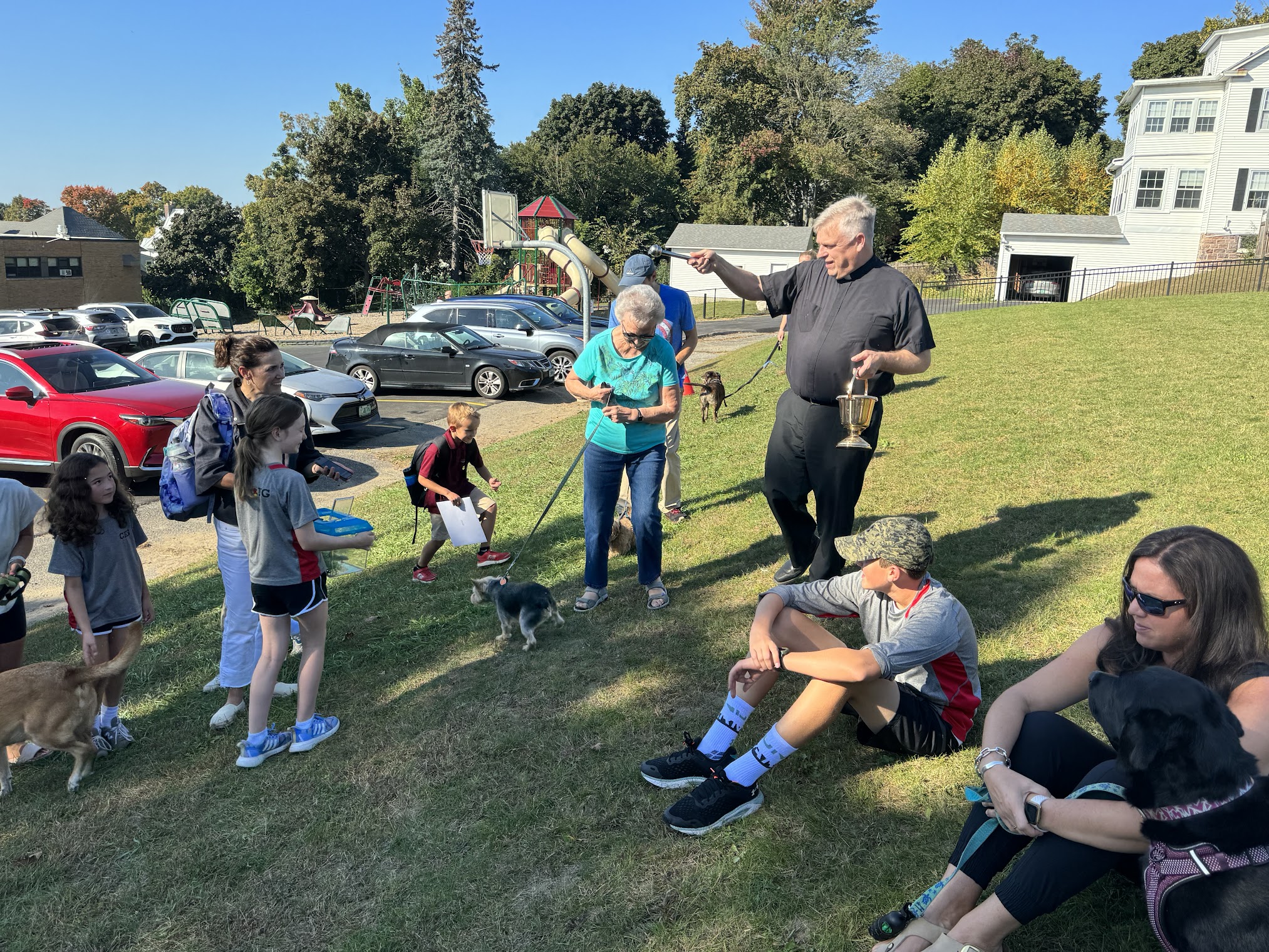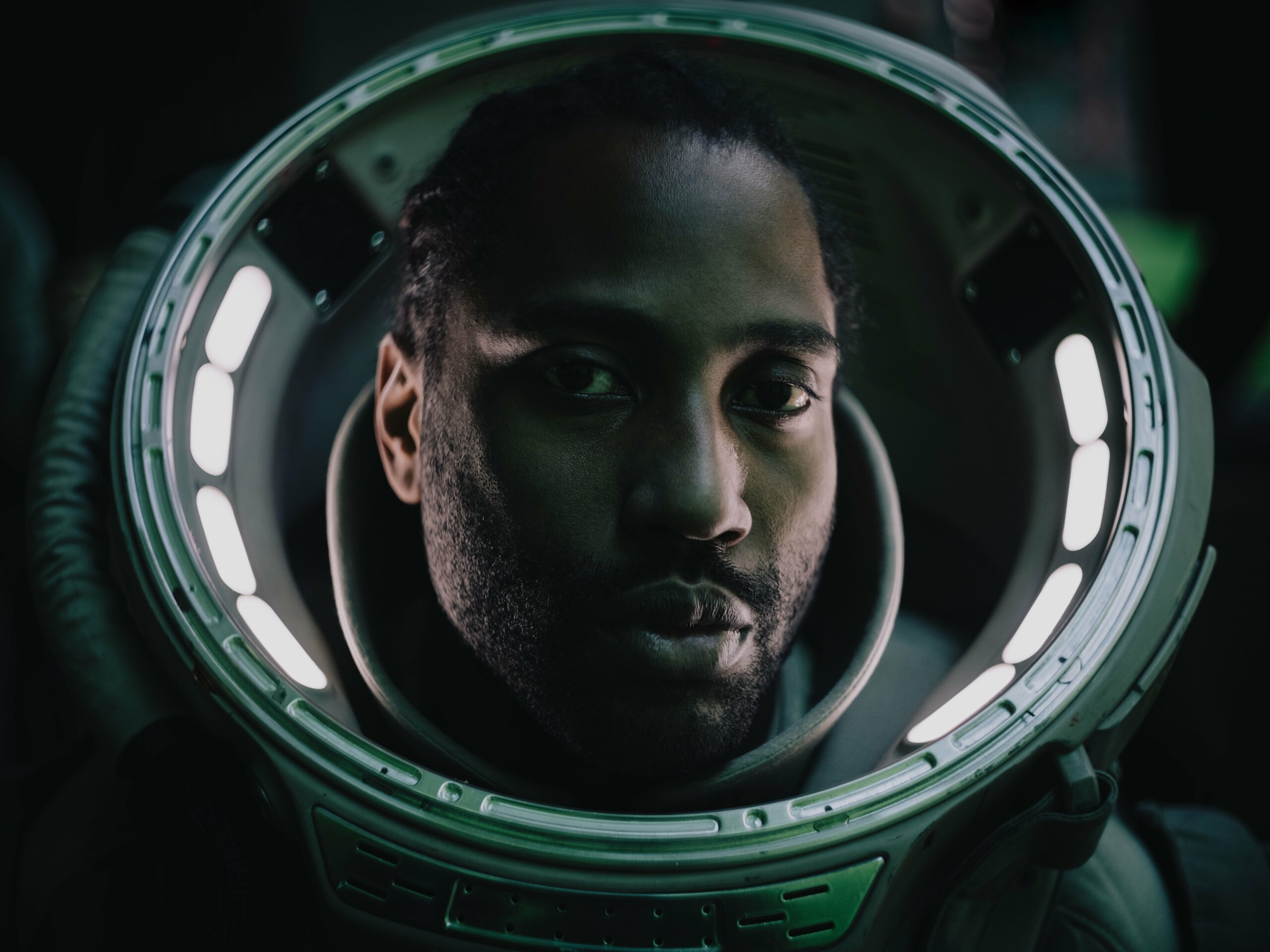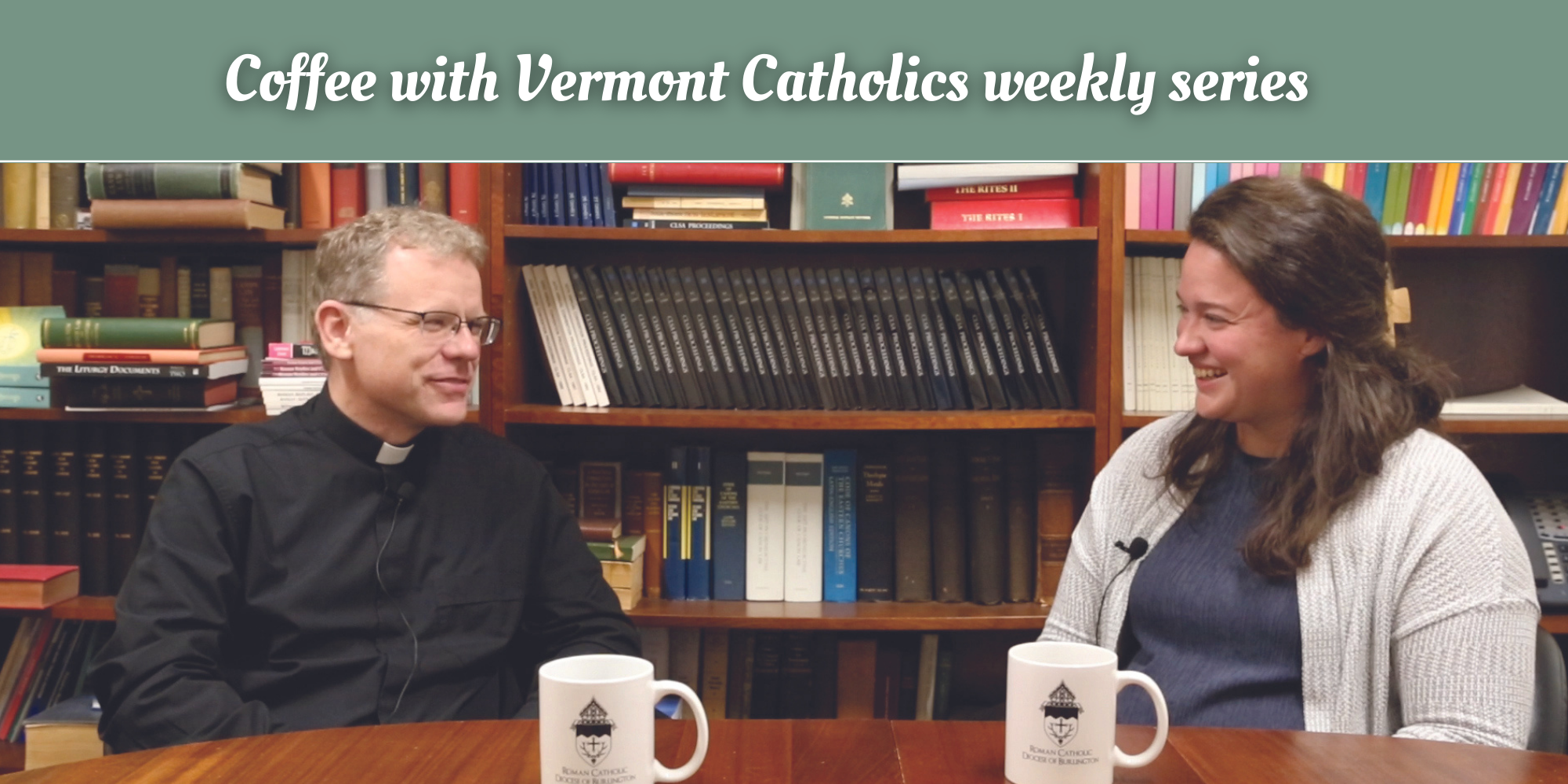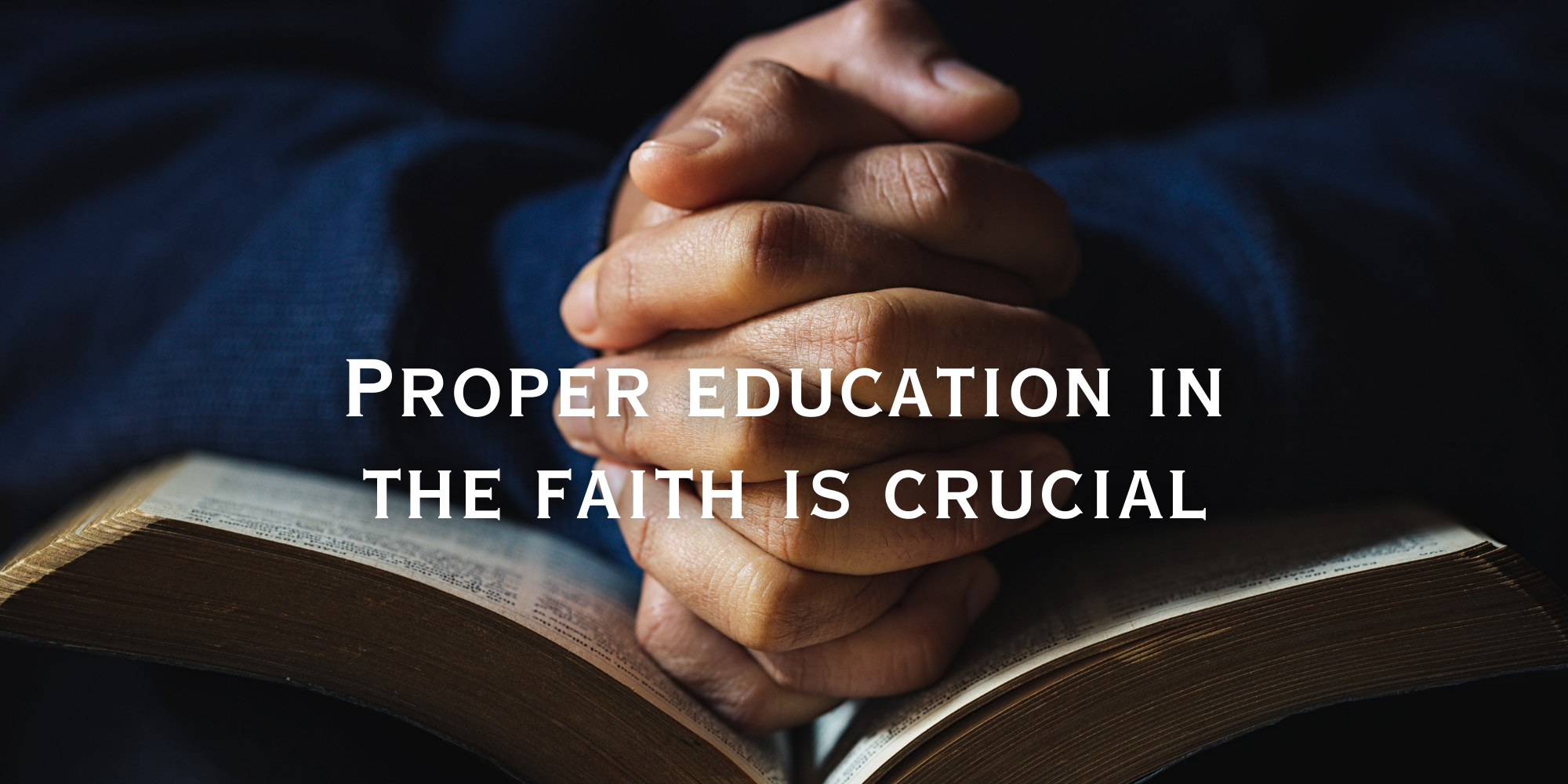
Have you ever spent time considering the difference between knowing about something and knowing the thing itself?
Herein lies a big difference, and one’s appreciation for and understanding of that difference makes all the difference in one’s interaction with the thing in question. It is the difference between saying, “I bought this car because I know a lot about it” and “Since I’ve owned it for so long and driven many miles in it, I really know my car.”
It is precisely from one’s firsthand experience of and interaction with the object in a variety of circumstances that familiarity with it develops. Knowledge of the information in the driver’s manual, even with superabundant reflection on it, will never get one from where one is currently to where one needs to be, although it is essential for the proper operation of and safety in the vehicle.
Rather, it is only when “the rubber meets the road” and one begins driving that one’s knowledge about the car gives way to one’s specific familiarity with it, as it operates both ideally and clunkily as circumstances arise, bringing one from the current location to the final destination.
Seminarians love to study theology, articulate fine points, make distinctions, and have discussions (and oftentimes arguments) about such topics as sacred scripture, the sacraments, ecclesiology (the study of the essence and nature of the Church), eschatology (the study of end times and the Four Last Things — death, judgement, heaven, and hell); soteriology (the study of salvation); and Mariology (the study of Our Lady). When taking ownership of the new car, the manual is fascinating because it relates to the excitement of interacting with the object. Yet over time, the manual loses its initial appeal, while always maintaining its inherent worth and purpose. In other words, all of a seminarian’s theological studies about God, are always at the service of coming to know God.
When I was in the seminary, Eucharistic Adoration was, and is, the opportunity simply to be in our blessed Lord’s holy and divine presence – a foretaste of heaven. To just be in His majestic presence and bask in the glory of Him who was, and is, and is to come. In these moments, fascination stemming from knowledge in the manual gives way to loving the one who owns the car, is in the driver’s seat, and is navigating His passengers safely to the next destination.
Considering this, we acknowledge the Lord Jesus as the Lamb of God (“in Him”), the Good Shepherd (“with Him”), and the gate for the sheep (“through Him”), and make this connection to what we hear the priest chant during the Holy Sacrifice of the Mass. This is, in a particular sense, theology (“words about God”) made incarnate. Just as education in the faith is geared toward proper catechetical instruction and evangelization, so theology, as interesting and important as it is, is not in itself the final goal, but serves coming to know and love Him in whom all education and theological knowledge finds its culmination and fulfillment, namely Jesus Christ.
As it is for every seminarian studying theology, so it must be for each person desiring to grow in intimacy and love of the Lord. Do you go to Holy Mass each Sunday out of obligation? Weekly attendance at Holy Mass is required for every Catholic, yet that is merely the observation of what is explained in, and expected from, the manual.
Here it is important to recall the savior’s words that “not everyone who says to [Him] ‘Lord, Lord’ will enter the kingdom of heaven, but only the one who does the will of [His] Father in Heaven” (Mt 7:21).
And the Father’s will is that “everyone who sees the son and believes in Him may have eternal life. …” (Jn 6:40). It is insufficient, therefore, merely to go through the motions or have theological knowledge. Or, considered another way: “If I speak in the tongues of men and angels, but have not love, I am a noisy gong or a clanging cymbal. And if I have prophetic powers, and understand all mysteries and all knowledge, and if I have all faith so as to move mountains, but have not love, I am nothing” (1 Cor 13:1-2).
None of us can love properly or fully without Jesus Christ, for He is love incarnate, and “He who does not love does not know God, for God is love” (1 Jn 4:8). An understanding about God’s command may indeed move one from the living room recliner to the church pew, but will it necessarily move the soul from the things of this world specifically to Him who is eternal? And not just for an instant, but setting the soul on its constant trajectory toward Him and moving down the path “through Him, with Him, and in Him” who is “the way, the truth, and the life” (Jn 14:6). Go to Holy Mass, neither out of obligation nor routine, but in response to the call from Him who loves you and desires to draw you into ever greater intimacy with himself. Go out of sacrificial love for Him who has loved you first and calls you to himself in love.
It is critical for every Catholic to know the faith – what Christ teaches in and through His one, holy, Catholic, and apostolic Church: her precepts; the catechism; the commandments; and the Beatitudes. And yet with all of that knowledge of God, which is good, true, and beautiful, we recall St. Paul’s exhortation to the Corinthians: “When I came to you, brethren, I did not come proclaiming to you the testimony of God in lofty words or wisdom. For I decided to know nothing among you except Jesus Christ and Him crucified” (1 Cor 2:1-2). In other words, prefer nothing and no one to Jesus Christ, for “where your heart is, there will your treasure be” (Mt 6:21). So, take an inventory of your heart and be brutally honest with yourself with what you find there.
On my deathbed, I will not be trying to wrap my head around understanding the truth of this theological claim: “Jesus Christ is the ontologically abundant solution to the soteriological problem.” Rather, after a lifetime of prayer, study, and meditation, I hope simply to know and love Him, whom I have tried to serve as a steward educated in the mysteries of faith. Education is important, and proper education in the faith is crucial so that every person may ‘know, love, and serve Almighty God in this life, and be with Him forever in the life to come” – to His praise and glory and the salvation of souls.
—Father James Dodson is vocation director for the Diocese of Burlington.
—Originally published in the Fall 2023 issue of Vermont Catholic magazine.

